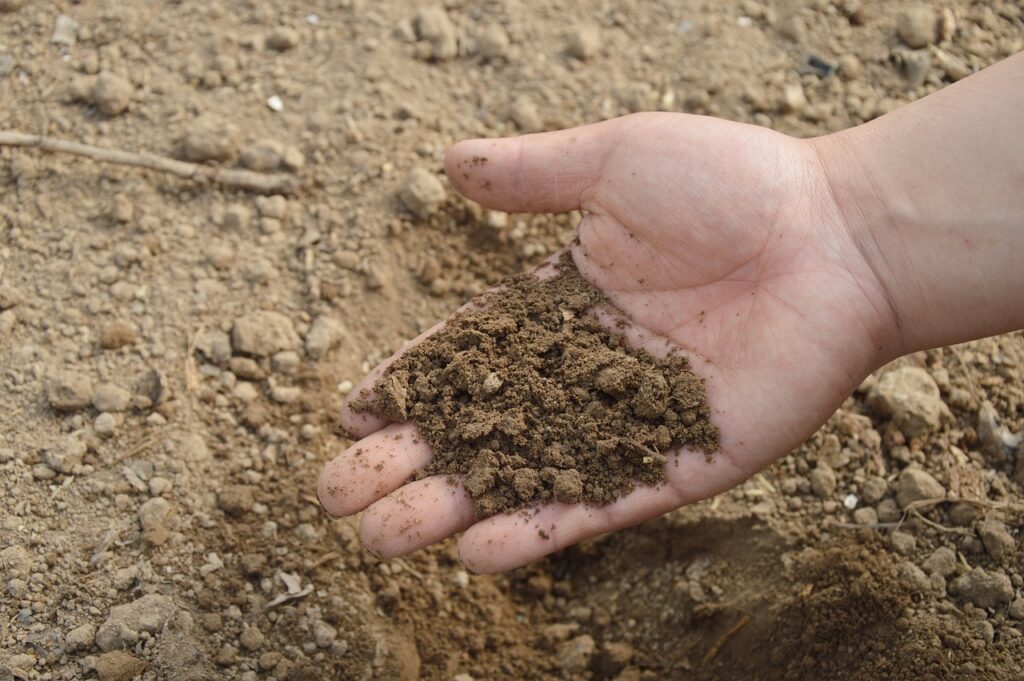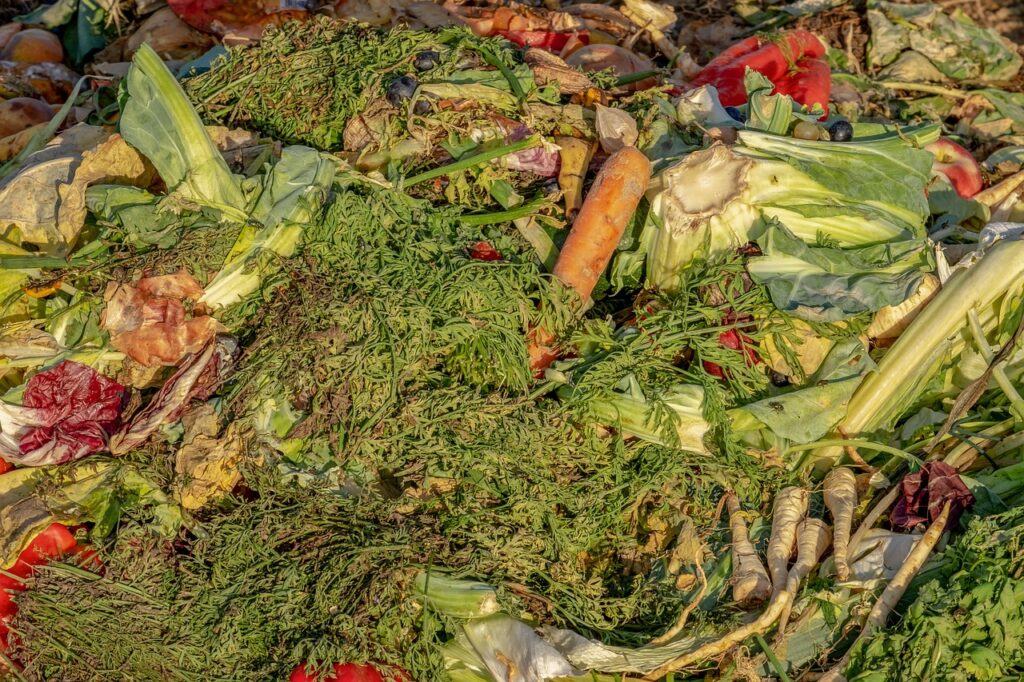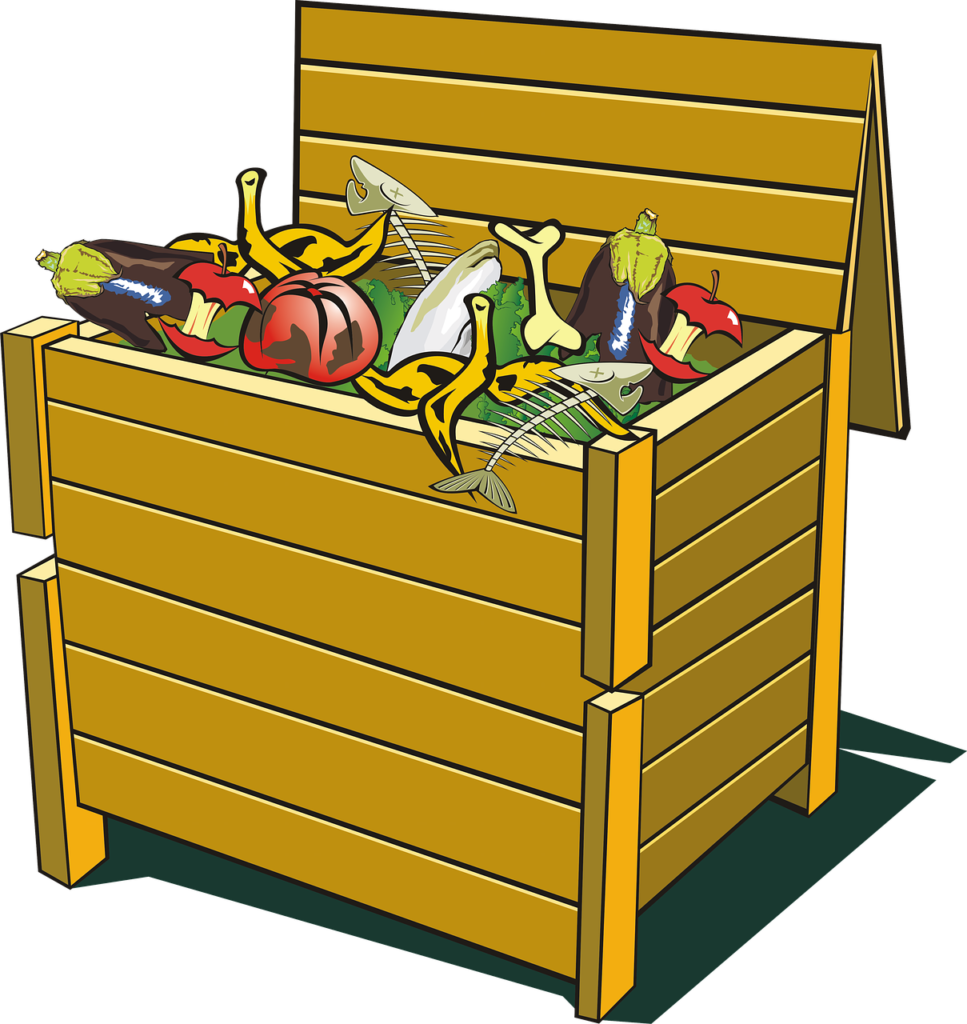Imagine a world where organic waste magically disappears within seconds of being discarded. No more rotten food or smelly leftovers to deal with. Sounds like a dream, doesn’t it? Unfortunately, that world only exists in our imagination. In reality, we have compost. But what happens if you forget about your compost pile for too long? Will it turn into a monstrous, odorous mess that you’ll regret ever starting? Let’s find out.

Check Out Our Recommended Composting Products on Amazon Right Here!
1. Smell and Odor
Leaving the compost for too long can lead to the development of foul odors. As organic matter decomposes, it releases gases such as hydrogen sulfide and ammonia, which can create an unpleasant smell. This can be particularly bothersome if you have your compost pile close to your living area or if you frequently spend time in your garden. The foul odor can also attract pests, ranging from flies and rodents to larger animals like raccoons. These pests are drawn to the decomposing organic matter and can become a nuisance in your garden or even find their way into your home. Additionally, the release of toxic gases from decomposing organic matter can be harmful to your health if inhaled in large quantities.
2. Nutrient Loss
Leaving the compost sitting for too long can result in the depletion of essential nutrients. Nitrogen, which is a crucial nutrient for plant growth, can be lost through a process called denitrification when the compost is left undisturbed for an extended period. This means that when you finally do use the compost, it may not provide the necessary nutrients your plants need. In addition to nitrogen, other essential nutrients like phosphorus and potassium can also be lost over time. Carbon content, which helps to improve soil structure, can also decrease if compost is left for too long, making it less effective in improving soil fertility and overall plant health.
Check Out Our Recommended Composting Products on Amazon Right Here!
3. Delayed Decomposition
When compost is left for too long without any maintenance, the breakdown of organic matter slows down significantly. The microorganisms responsible for decomposition require a balance of moisture, oxygen, and organic material to effectively break down the compost. Without proper maintenance, the compost pile can become stagnant, leading to slower decomposition. This can result in the accumulation of unwanted materials such as woody or fibrous plant matter that takes longer to break down. As a result, you may end up with an uneven compost mixture that is not fully broken down and ready to use.
4. Potential for Disease Spread
Leaving compost untouched for an extended period can create an environment conducive to the spread of pathogens. These pathogens can include harmful bacteria, viruses, and fungi that can infect your plants. The moisture and decaying organic matter in a neglected compost pile provide ideal conditions for the development of mold and fungi, which can then infect your plants when applied to the soil. The increased risk of plant infections can lead to stunted growth, wilting, and even death of your plants. It is important to regularly monitor and maintain your compost to minimize the potential for disease spread.

5. Decreased Soil Health
Neglected compost can negatively impact soil health in several ways. One of the key aspects of a healthy soil ecosystem is the presence of beneficial microorganisms. These microorganisms play a crucial role in breaking down organic matter and releasing nutrients for plant uptake. When compost is left undisturbed, the population of beneficial microorganisms can decline, leading to a decrease in soil health. Additionally, the compost that is left for too long can cause an imbalance in soil pH. Decomposition releases acids, which can make the soil more acidic over time. This can affect the availability of certain nutrients to plants and impact their overall health. Furthermore, the prolonged neglect of compost can result in reduced soil fertility, making it less suitable for optimal plant growth.
6. Inefficient Use of Resources
Leaving compost for too long not only affects the quality of the compost itself but also wastes valuable resources. Composting requires time and effort, as well as the correct balance of ingredients and maintenance. By neglecting your compost pile, the time and effort you initially invested in creating compost are wasted. Additionally, the longer the compost sits without being utilized, the more its potential as a valuable soil amendment diminishes. Compost that is left for an extended period may lose its nutrient content and become less effective in enriching the soil. This missed opportunity for garden enrichment can be avoided with regular maintenance and utilization of compost.

7. Environmental Impact
Neglecting compost can have negative environmental consequences. One such impact is the emission of methane gas, which contributes to climate change. Methane is released during anaerobic decomposition, which can occur when compost piles are poorly aerated or left without turning. Methane is a potent greenhouse gas that has a greater impact on global warming than carbon dioxide. Additionally, the carbon footprint associated with composting can increase if the compost is left for too long. The longer the compost sits unused, the higher the resources and energy used in its production are wasted. Furthermore, neglected compost can contribute to soil and water pollution if harmful substances are present in the organic materials used.
8. Risk of Fire Hazards
Leaving compost unattended for extended periods can create favorable conditions for fire hazards. When compost becomes excessively dry, it becomes highly flammable. The organic matter can act as fuel, and if combined with other combustible materials such as dried leaves or paper, it can increase the risk of fires. Additionally, the heat generated during composting can further exacerbate the potential for fires. It is essential to monitor compost moisture levels and ensure proper management to prevent fire hazards.

9. Aesthetics and Community Concerns
Neglected compost can have an unpleasant appearance and create a visual eyesore in your garden. As organic matter decomposes, it can become unsightly and messy if left unattended for too long. This can detract from the overall aesthetics of your garden and create an unappealing environment. In addition to the negative aesthetic impact, unmanaged compost can also cause concerns for your neighbors. The foul odor, pests attracted to the decomposing matter, and potential fungi outbreaks can be a nuisance for those living nearby. Furthermore, neglected compost can result in potential legal issues if local regulations or ordinances regarding composting practices are not followed.
10. Alternative Uses for Compost
To avoid the negative consequences of leaving compost for too long, it is crucial to utilize it in various beneficial ways. One of the primary uses of compost is as a fertilizer for plants. The nutrient-rich composition of compost can significantly enhance the health and productivity of your garden. By incorporating compost into the soil, you can provide plants with an ample supply of essential nutrients, promoting robust growth and increased yields. Another advantage of using compost is its ability to improve soil structure. Compost helps to loosen compacted soils, improve water retention, and enhance drainage, creating an ideal environment for healthy root development. Lastly, utilizing compost is a sustainable way to reduce waste. By diverting organic materials from the landfill and transforming them into valuable soil amendments, you contribute to a more environmentally friendly waste management system.
In conclusion, neglecting compost and leaving it for too long can have several negative consequences. These include foul odors, attracting pests, release of toxic gases, nutrient loss, delayed decomposition, potential disease spread, decreased soil health, inefficient use of resources, environmental impact, fire hazards, aesthetic and community concerns. To avoid these issues, it is important to regularly maintain and utilize your compost. By doing so, you can enjoy the benefits of improved garden health, reduced waste, and a more sustainable approach to gardening.
Check Out Our Recommended Composting Products on Amazon Right Here!




